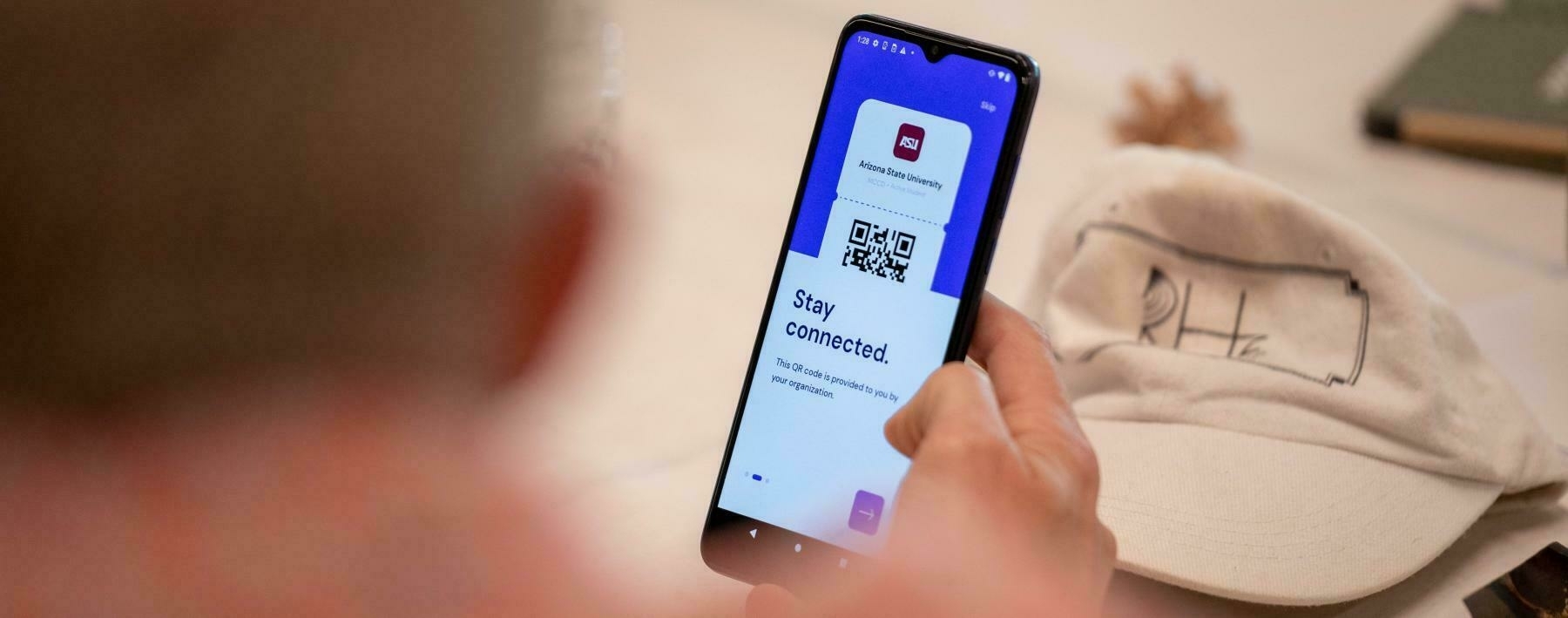- The Value of Credentials Endorsement
- The role of endorsement in Open Badges and Open Recognition
- Endorsement using Open Badges and Community Recognition
Modular learning and credentialing
I’ve got far more to say about this than the space I’ve got here on Thought Shrapnel. This article from edX is in the emerging paradigm exemplified by initiatives such as Credential As You Go, which encourages academic institutions to issue smaller credentials or badges as the larger qualification progresses.
That’s one, important, side of the reason I got involved in Open Badges. It allows, for example, someone who couldn’t finish their studies to continue them, or to cash in what they’ve already learned in the job market.
But there’s an important other side to this, which is democratising the means of credentialing, so that it’s no longer just incumbents who issue badges and credentials. I feel like that’s what we’re working on with Open Recognition.

A new model, modular education, reduces the cycle time of learning, partitioning traditional learning packages — associate’s, bachelor’s, and master’s degrees — into smaller, Lego-like building blocks, each with their own credentials and skills outcomes. Higher education institutions are using massive open online courses (MOOCs) as one of the vehicles through which to deliver these modular degrees and credentials.Source: Stackable, Modular Learning: Education Built for the Future of Work | edX[…]
Modular education reduces the cycle time of learning, making it easier to gain tangible skills and value faster than a full traditional degree. Working professionals can learn new skills in shorter amounts of time, even while they work, and those seeking a degree can do so in a way that pays off, in skills and credentials, along the way rather than just at the end.
For example, edX’s MicroBachelors® programs are the only path to a bachelor’s degree that make you job ready today and credentialed along the way. You can start with the content that matters most to you, online at your own pace, and earn a certificate with each one to show off your new achievement, knowing that you’ve developed skills that companies actually hire for. Each program comes with real, transferable college credit from one of edX’s university credit partners, which combined with previous credit you may have already collected or plan to get in the future, can put you on a path to earning a full bachelor’s degree.
Microcast #98 — Endorsement
The introduction to some thoughts on endorsement using Open Badges and Verifiable Credentials within networks of trust.
Show notes
Image: Unsplash
Digital wallets for verifiable credentials
Purdue University had something like this almost a decade ago, but there’s even more call for this kind of thing now, post-pandemic and in a Verifiable Credentials landscape.
Everyone’s addicted to marrying ‘skills’ with ‘jobs’ but I think there’s definitely an Open Recognition aspect to all of this.
ASU Pocket captures students’ traditional and non-traditional educational credentials, which are now, with the emergence of verifiable credentials, more portable than ever before. This gives students the autonomy to securely own, control and share their holistic evidence of learning with employers.Source: ASU Pocket: A digital wallet to capture learners’ real-time achievementsA digital wallet, like ASU Pocket, holds verifiable credentials – which are digital representations of real-world credentials like government-issued IDs, passports, driver’s licenses, birth certificates, educational degrees, professional certifications, awards, and so on. In the past, these credentials have been stored in physical form, making them susceptible to fraud and loss. However, with advances in technology, these credentials can be stored electronically, using cryptographic techniques to ensure their authenticity. This makes it possible to verify the credential without revealing sensitive information, such as a social security number.
[…]
At ASU Pocket, we also view verifiable credentials as an important tool for social impact. They provide a way for people to document their skills and accomplishments, which can be used to gain new opportunities. For example, someone with a verifiable skill credential for customer service might be able to use it to get a job in a call center. Likewise, someone with a verifiable credential for computer programming might be able to use it to get a job as a software developer.
In both cases, the verifiable credential provides a way for the individual to demonstrate their skills and qualifications gained through or outside of traditional learning pathways. This is especially impactful for marginalized groups who may have difficulty obtaining traditional credentials, such as degrees or certifications.
